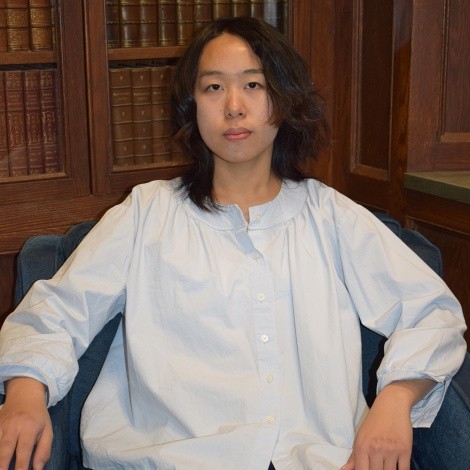International Relations
Undergraduate
International relations is the study of the interaction of nation-states and non-governmental organizations in fields such as politics, economics, and security. Studying international relations will help you develop a global perspective on the origins of the current international system, current issues that transcend national boundaries, and the emerging challenges humanity will face in the years ahead.
Program Overview
The International Relations major is broad-ranging and versatile. It covers such topics as foreign policy, international political economy, the environment, and international law.
As an international relations major you will complete a course of study that includes introductory core courses in economics, geography, history, and politics, as well as a course in research methods. More advanced coursework is done in one of five focus fields: global commons, international institutions, international peace and security, international political economy, and international ethics.
The Five College Certificate in International Relations serves as the minor in International Relations.
We encourage you to attain a level of proficiency in a foreign language that will allow you to do basic research in it.
International Experience for International Careers
Careers in an increasingly globalized world require the ability to navigate a fast-paced environment that spans state borders. We encourage you to study abroad and pursue internships that will expose you to different cultures and languages and to obtain the skills needed to continue to succeed beyond Mount Holyoke.
International Relations graduates have many options. Our graduates have gone on to have distinguished careers in government, academia, business, law, journalism, and the non-profit realm. Many have earned master's, doctoral, or law degrees along the way.



